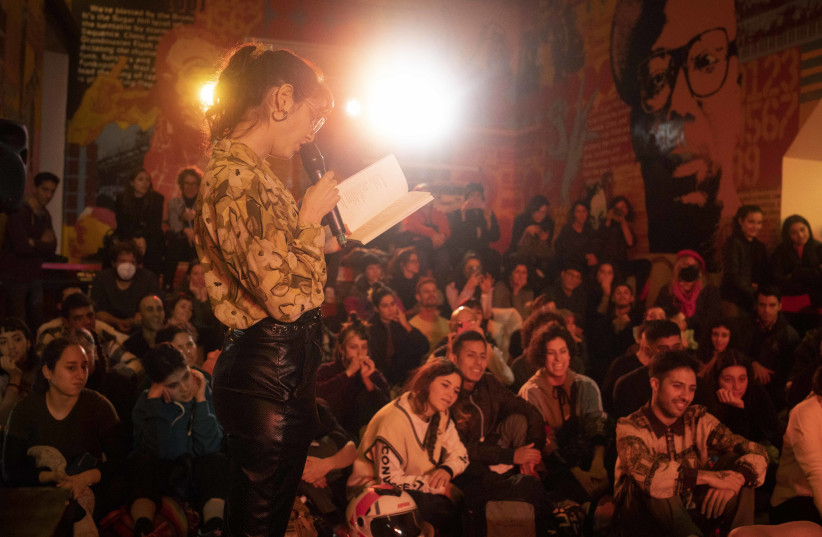Can words and texts become a melody for dancers to express their unique movements? In Argentina, the project “Mover La Lengua” is merging together dancing and poetry. Recently, it saw the works of Israeli poet Tehila Hakimi become the soundtrack of local dancers at the prestigious Centro Cultural Recoleta in Buenos Aires.
“Mover La Lengua” was created by Argentinian artists Martina Kogan, a contemporary dancer, and Maga Cervellera, a writer.
Born in Tel Aviv in 1982, Hakimi is a recipient of the Israel Ministry of Culture Prize for Emerging Poets (2014) and the Bernstein Prize for Literature (2015). Her published works include “We'll Work Tomorrow” (2014), “In the Water” (2016) and “Company” (2018).
Earlier this year, she was invited to become the seventh participating author in the Writers' Residence of the prestigious Museum of Latin American Art of Buenos Aires (MALBA).
Hakimi spent five weeks in the Argentinian capital, taking part in several projects, including a translation laboratory.
Thanks to the Culture Department at the Israeli Embassy in Argentina, Hakimi was also able to be part of a special edition of “Mover La Lengua,” reading her texts with other Argentine writers, while contemporary dancers dance to her poems both in Hebrew and in English.

The event attracted hundreds of young Argentinian. While Hakimi read her works, a dancer moved on a boxing ring drawn on the floor, surrounded by a cheering crowd.
People in the audience spontaneously signed up to read Hakimi’s texts or to dance while local DJ Rixa played music in a different space to allow the dancers to warm up.
Each reading session finished with a standing ovation. At the end of the evening, Rixa’s music took the center of the stage with everyone dancing, this time to music and in total freedom.

